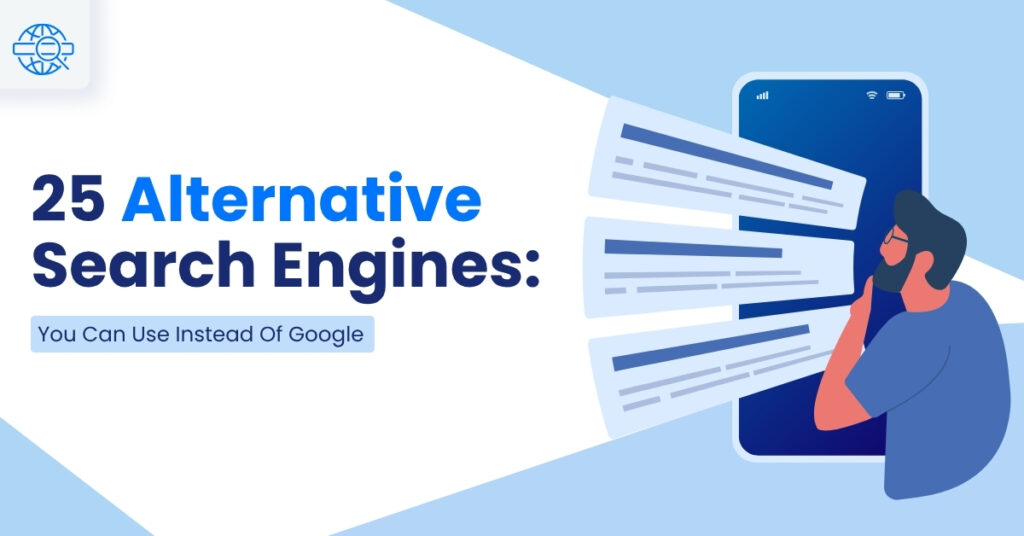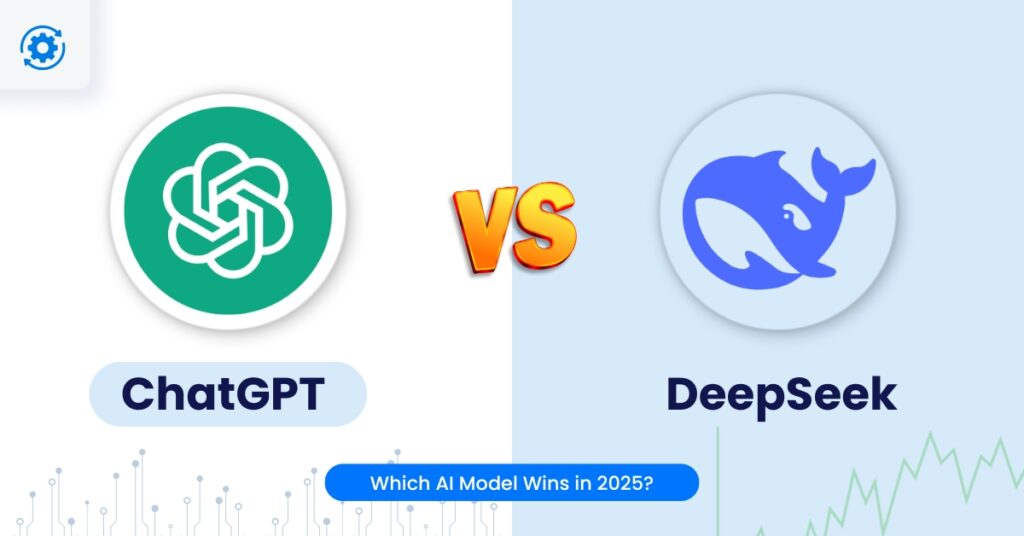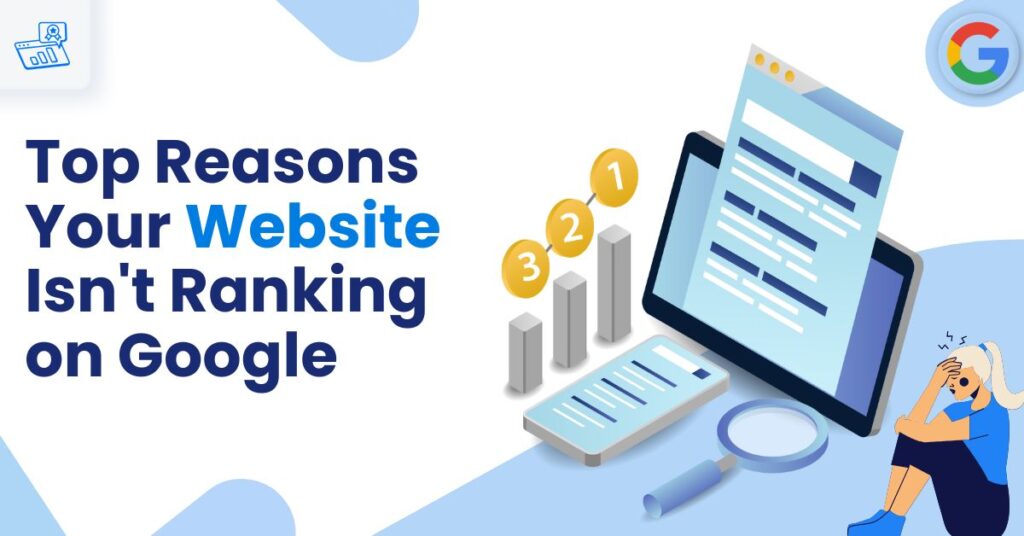When we think of search, we think of Google. With over 90% market share globally, Google isn’t just a search engine it’s the default gateway to the internet for billions. From desktop queries to mobile voice searches, it dominates the space in reach, influence, and technological sophistication.
But with that dominance comes trade-offs.
More users, especially business owners are beginning to question what they’re giving up in exchange for convenience. Privacy concerns have grown louder as Google’s business model relies heavily on collecting user data to sell targeted ads. Search result personalization, once seen as a benefit, is now viewed by many as a source of bias and information bubbles. For others, censorship, lack of transparency, and over-commercialization are red flags.
There’s also a practical reason to look beyond Google: strategic differentiation. Whether you’re performing competitor research, developing content, or assessing market trends, relying on one algorithm limits your perspective. And for privacy-conscious businesses, using Google for sensitive queries could unintentionally leak insights into your intent.
That’s why this blog exists.
We’re showcasing 25 powerful alternative search engines each with its own strength, specialization, and use case. These aren’t just backup options. They’re strategic tools for smart business owners who want broader visibility, tighter control over their data, and smarter ways to search.
Why Consider Alternatives to Google?
As a business owner, your choice of search engine can impact your competitive edge, data security, and the quality of insights you gather. Here are some key reasons why exploring alternatives to Google can be a strategic move:
1. Data Privacy and User Tracking
Google’s business model thrives on collecting vast amounts of user data to power its advertising engine. Every search you make, every click you take, feeds into an extensive profile used to target ads. For businesses researching sensitive information like market entry strategies, pricing, or potential partnerships this tracking can inadvertently expose your intentions. Alternative search engines prioritize data privacy, offering you a secure environment where your searches aren’t monitored or sold to third parties.
2. Filter Bubbles and Algorithm Manipulation
Google personalizes search results based on your past behavior, location, and preferences. While this can sometimes improve relevance, it also creates filter bubbles narrow perspectives shaped by previous clicks and interests. For business decision-making, especially when conducting competitive or market research, this can lead to biased or incomplete information. Using alternative search engines that don’t filter or manipulate results allows you to see a wider, less skewed picture of the market landscape.
3. Preference for Ad-Free or Ethical Platforms
The average Google search page is crowded with ads, sponsored links, and promoted content, which can distract or mislead. Some businesses prefer cleaner, ad-free experiences to increase efficiency and focus. Beyond ads, some alternatives operate with ethical principles in mind, like using profits to fund environmental causes or supporting creator communities, aligning with corporate social responsibility (CSR) goals.
4. Regional and Language-Specific Needs
Google’s dominance is global but not universal. In certain regions, other search engines offer better local relevance, language support, and market penetration. For businesses expanding internationally, engines like Baidu in China, Yandex in Russia, or Naver in South Korea provide access to audiences and insights that Google can’t fully capture.
5. Specialized Search Use-Cases
Not all searches are created equal. Sometimes you need academic papers, historical website versions, real-time social trends, or complex data computations. Specialized search engines like WolframAlpha for data analysis, Wayback Machine for web archives, or Twitter/X search for social listening provide tailored results that a generic Google search might miss.
The 25 Best Alternative Search Engines to Google
Google dominates the global search engine market, but it’s not the best fit for everyone, especially for those concerned about data privacy, ethical use, or specialized information needs. Business owners, marketers, developers, and privacy advocates are increasingly exploring alternative platforms that align better with their values and tasks. Below is a curated list of 25 powerful alternatives, each explained in depth with their monthly traffic, core features, and what kind of user or use-case they serve best.
ChatGPT Search
Monthly Visits: Tens of millions via OpenAI ecosystem (not reported separately)
Key Features: Conversational AI-powered search engine embedded in the ChatGPT platform. Unlike traditional engines, it delivers nuanced, context-aware answers instead of link lists. Advanced users with Pro access can benefit from real-time data retrieval, code interpretation, and multi-source synthesis.
Purpose of the Domain: Designed for high-context exploration and decision-making. Ideal for users who prefer synthesized answers, deep research, or content ideation over traditional browsing.
- Google AI Mode (Search Generative Experience)
Monthly Visits: Part of Google’s 90+ billion monthly searches
Key Features: Experimental generative search experience within Google. It offers AI-generated overviews, product suggestions, and topic breakdowns directly on the search page, reducing the need to click multiple links.
Purpose of the Domain: Created to redefine the search experience by integrating AI directly into the interface. Best for users who want quick takeaways or need a topic scaffolded instantly.
- Perplexity.ai
Monthly Visits: ~30 million
Key Features: AI-powered search assistant with inline citations and real-time source linking. Features include follow-up questions, topic deep dives, and an ad-free experience. Uses large language models but prioritizes verifiability.
Purpose of the Domain: Built for professionals, academics, and critical users who need fast, sourced answers with minimal noise. Acts as a middle ground between AI chat and traditional search.
- You.com
Monthly Visits: ~3 million
Key Features: Customizable interface that blends AI summaries with vertical search apps code, academic, news, social, and shopping. Offers both private and public modes, and now includes YouChat for interactive exploration.
Purpose of the Domain: Designed for multitaskers and researchers who want to control the layout and behavior of their search engine. Especially useful for developers, marketers, and analysts who want to cut down switching between platforms.
- Yep.com
Monthly Visits: ~500,000
Key Features: Developed by Ahrefs, Yep is a privacy-first engine that rewards creators by sharing 90% of ad revenue with them. It collects no personal data and has a minimalist design to improve speed and focus.
Purpose of the Domain: Created as an ethical alternative that redirects economic value back to content creators. Appeals to users who support sustainable web publishing and dislike surveillance capitalism.
- Openverse
Monthly Visits: ~400,000
Key Features: Free-to-use search engine for openly licensed media including images, audio, and video. Sources include Wikimedia Commons, Flickr, and other Creative Commons repositories. Built into WordPress.
Purpose of the Domain: Designed for educators, designers, marketers, and developers seeking copyright-clear creative assets for both commercial and non-commercial use.
- Bing
Monthly Visits: ~1.3 billion
Key Features: Microsoft’s search engine with strong integration into Windows, Office, and Edge. Now powered by AI (through OpenAI partnerships), it offers summarized answers, chat functionality, visual search, and user reward points.
Purpose of the Domain: Serves as a comprehensive search solution that supports both casual browsing and enterprise-level research. Valuable for users already embedded in Microsoft’s ecosystem.
- Yahoo
Monthly Visits: ~750 million
Key Features: Hybrid platform that combines Bing-powered search with native Yahoo features like email, finance, sports, and lifestyle news. Includes integrated content curation and personalization.
Purpose of the Domain: Functions more like a content portal than just a search engine. Great for users who value convenience and multitasking across services within a single platform.
- Ecosia
Monthly Visits: ~15 million
Key Features: Climate-conscious search engine that uses profits to plant trees globally. Operates on 100% renewable energy and avoids data profiling. Basic search is powered by Bing.
Purpose of the Domain: Appeals to sustainability-minded users who want their digital habits to contribute positively to the environment without compromising on search quality.
- KARMA Search
Monthly Visits: <100K (emerging player)
Key Features: Promotes transparency and unbiased algorithms. Offers an ad-free experience with zero tracking and aims to eliminate filter bubbles.
Purpose of the Domain: Built for ethical searchers who are concerned about algorithmic manipulation and data misuse. Currently in early-stage adoption but growing in privacy-first circles.
- DuckDuckGo
Monthly Visits: ~100 million
Key Features: Privacy-focused search engine that doesn’t track users, store personal data, or create ad profiles. It offers clean results, !bang shortcuts, and now an AI answer feature.
Purpose of the Domain: Built to serve users seeking anonymous, efficient, and secure search experiences without personalized tracking or ad targeting.
- Startpage
Monthly Visits: ~2 million
Key Features: Provides Google search results without tracking. It acts as a proxy, stripping identifying information from queries. Includes advanced privacy filters.
Purpose of the Domain: Offers the precision of Google’s search algorithms without the data surveillance. Ideal for privacy advocates who still value result quality.
- Swisscows
Monthly Visits: ~5 million
Key Features: Family-friendly, privacy-first engine based in Switzerland. It uses semantic search and does not collect or track user data. Results prioritize clean content.
Purpose of the Domain: Best suited for parents, schools, or organizations seeking a secure, non-violent, and private browsing experience.
- Brave Search
Monthly Visits: ~25 million
Key Features: Independent search index developed by Brave browser. Ad-free experience with strong privacy protection. Offers a “Goggles” feature to customize ranking algorithms.
Purpose of the Domain: Built for users who want control over their search experience while avoiding Big Tech influence. Pairs well with Brave browser for maximum privacy.
- Kagi
Monthly Visits: <1 million (premium tiered model)
Key Features: Subscription-based search engine that delivers fast, uncluttered, and ad-free results. Customizable UI, zero tracking, and integration with Orion browser.
Purpose of the Domain: Created for professionals who value focus, quality, and ethical data policies over free ad-supported models. Appeals to researchers, creatives, and knowledge workers.
- Mojeek
Monthly Visits: ~200K
Key Features: Fully independent crawler-based search engine—not reliant on Google or Bing. Built with privacy-first policies, simple UI, and no data collection.
Purpose of the Domain: Best for users who want an entirely self-built index and a genuinely independent alternative to mainstream engines.
- X (Formerly Twitter)
Monthly Visits: ~6.5 billion
Key Features: Real-time search across trending topics, tweets, and threads. Offers unmatched access to live conversations, breaking news, and community reactions.
Purpose of the Domain: Used for real-time intelligence, trend monitoring, and social sentiment tracking. Powerful for discovering emerging stories and unfiltered user discourse.
- SlideShare
Monthly Visits: ~70 million
Key Features: Platform for searching presentations, infographics, and professional decks. Great for research, industry insights, and visual storytelling.
Purpose of the Domain: Built to discover and share business knowledge in a visually structured format. Useful for students, consultants, and professionals.
- Wayback Machine
Monthly Visits: ~150 million
Key Features: Search and access archived versions of billions of web pages. Run by Internet Archive. Offers timelines, snapshots, and site history.
Purpose of the Domain: Crucial for content verification, digital preservation, and studying web evolution. Ideal for researchers, journalists, and analysts.
- WolframAlpha
Monthly Visits: ~5 million
Key Features: Computational knowledge engine that provides answers based on curated data, equations, and expert-level computation. Supports math, science, stats, and more.
Purpose of the Domain: Developed for precise, quantitative research rather than general web browsing. Used in academics, data science, and advanced analysis.
Monthly Visits: ~1.6 billion
Key Features: Professional networking platform with powerful internal search for people, jobs, posts, and companies. Includes filtering by experience, industry, and skills.
Purpose of the Domain: Essential for career research, talent discovery, and peer benchmarking. Also useful for B2B intelligence and industry trend tracking.
- Baidu
Monthly Visits: ~5.7 billion
Key Features: China’s largest search engine with strong capabilities in Mandarin-language search, maps, news, and AI tools. Includes app store and online services.
Purpose of the Domain: Core search hub for China’s domestic digital ecosystem. Necessary for users navigating Chinese-language content or marketing to Chinese audiences.
- Yandex
Monthly Visits: ~3.5 billion
Key Features: Russia’s leading search engine offering maps, email, cloud storage, AI tools, and smart translation. Known for deep localization.
Purpose of the Domain: Tailored to Russian users and businesses. Crucial for accessing region-specific information, services, and analytics.
- Sogou
Monthly Visits: ~600 million
Key Features: Chinese search engine focused on multimedia content, voice search, and pinyin input. Integrates with Tencent services.
Purpose of the Domain: Popular in education and entertainment sectors in China. Useful for native users and those consuming Chinese pop culture or academic content.
- Naver
Monthly Visits: ~2 billion
Key Features: South Korea’s leading portal offering search, email, blogging, academic tools, and a popular Q&A service. Includes shopping, news, and entertainment channels.
Purpose of the Domain: Acts as the digital backbone of Korea’s web ecosystem. Vital for Korean-language queries and understanding consumer trends in South Korea.
How to Choose the Right Search Engine for You
With so many compelling alternatives to Google, choosing the right one comes down to aligning your preferences with the platform’s strengths. Here’s how to narrow your options:
1. Identify Your Priorities
Are you most concerned about privacy? Do you need fast, real-time results? Or is ethical data usage a top priority for you? Define what matters most whether it’s a clean interface, academic accuracy, ad-free browsing, or environmental impact.
- For privacy-first users: DuckDuckGo, Startpage, or Kagi
- For AI-powered insight: ChatGPT Search, Perplexity.ai, or You.com
- For creative resources: Openverse
- For ethical browsing: Ecosia or Yep.com
2. Experiment With a Few
Every search engine offers a different user experience from how results are displayed to how much personalization is involved. Try out a few for a week each. You might find one excels in image results, while another delivers better deep-dive answers.
3. Use More Than One
You don’t have to commit to just one. Many savvy users maintain a mix of engines depending on their needs. For example:
- Use Bing for general browsing
- Switch to WolframAlpha for computational queries
- Fire up SlideShare or LinkedIn for industry insights
- Try Swisscows or Mojeek when avoiding algorithmic bias
The goal isn’t to replace Google entirely, it’s to build a search strategy that’s better tailored to how you work, search, and think.
Conclusion
Google may dominate the search engine landscape, but it’s far from your only option. As the digital world evolves, so do user expectations especially around privacy, ethics, and relevance. Whether you’re frustrated by ads, concerned about tracking, or just looking for a more focused experience, there are powerful alternatives waiting to be explored.
By stepping outside of Google’s ecosystem, you gain the opportunity to align your search habits with your personal or organizational values. Whether it’s supporting sustainable platforms, protecting your data, or diving into specialized results, the right search engine can significantly improve your experience.
Switching doesn’t just change how you search it can enhance the quality of your results, protect your privacy, and boost your overall satisfaction online.
Ready to take your digital strategy further?
As the best digital marketing agency in Hyderabad, Gravitas helps forward-thinking businesses like yours navigate smarter, ethical, and more effective search ecosystems. Let us help you build a search strategy that matches your brand’s goals and your audience’s expectations.











